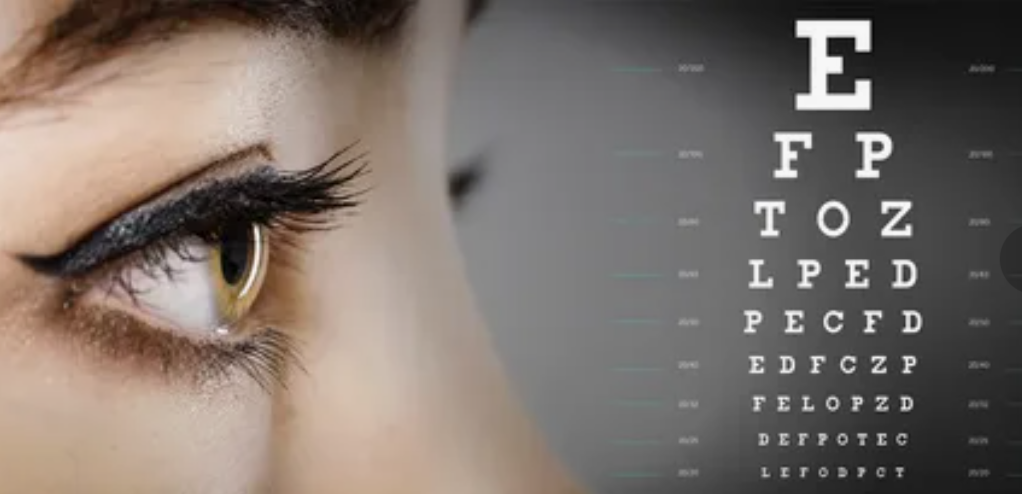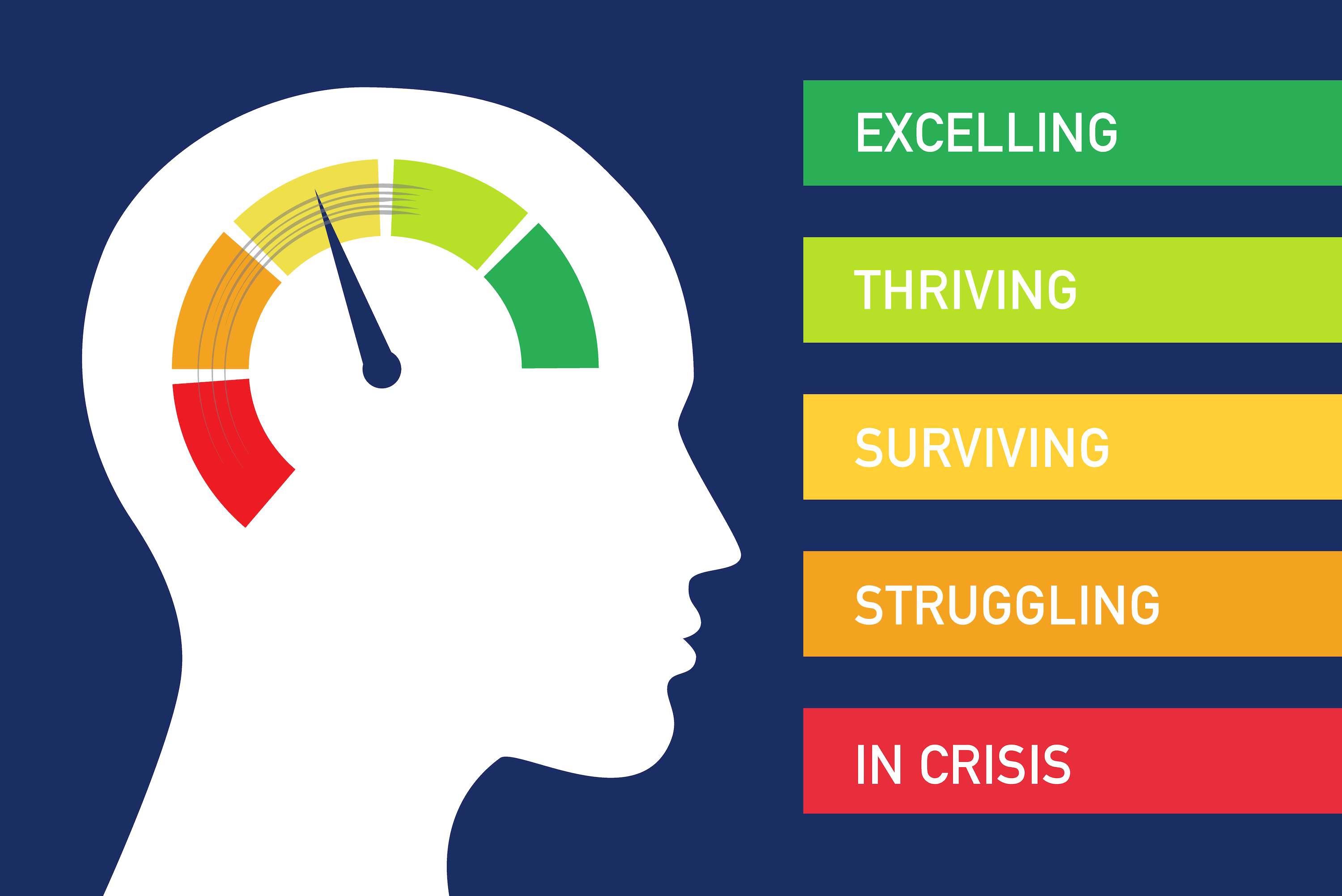The Importance of Vision Testing: A Key to Eye Health
Vision testing is a crucial part of maintaining good eye health, yet many people neglect regular eye exams until they experience noticeable problems. A comprehensive vision test not only detects common refractive errors like myopia (nearsightedness), hyperopia (farsightedness), and astigmatism but can also uncover underlying health conditions such as glaucoma, cataracts, and even diabetes-related eye diseases.

Types of Vision Tests
Visual Acuity Test: The standard Snellen chart measures how clearly a person can see at different distances, helping to diagnose nearsightedness or farsightedness.
Refraction Test: This determines the precise lens prescription needed for corrective eyewear.
Color Vision Test: Used to identify color blindness, which can impact daily activities and certain professions.
Peripheral Vision Test: Essential for detecting glaucoma, as this disease often begins with a loss of side vision.
Eye Pressure Test (Tonometry): Measures intraocular pressure to assess the risk of glaucoma.
Retinal Examination: Involves dilating the pupils to examine the retina and optic nerve, crucial for detecting diseases like diabetic retinopathy and macular degeneration.
Why Regular Vision Tests Are Essential
Early Detection of Eye Diseases: Many eye conditions develop gradually and show no immediate symptoms. Early diagnosis can prevent vision loss.
Preventing Digital Eye Strain: With increased screen time, more people suffer from computer vision syndrome, causing dry eyes, headaches, and blurred vision. Regular tests help identify strain-related issues.
Children’s Eye Health: Vision problems in children can affect learning and development. Routine eye exams ensure early intervention if needed.
Aging and Vision Changes: As people age, their risk of cataracts, presbyopia, and macular degeneration increases, making frequent vision checks essential.

How Often Should You Get a Vision Test?
Children & Teens: At least once every two years or annually if vision problems exist.
Adults (18-40): Every two years, unless prescribed otherwise.
Adults (40+): Annual eye exams are recommended, especially for those at risk of age-related conditions.
Maintaining good vision is vital for daily life, work, and overall well-being. Regular vision tests, combined with a healthy lifestyle and protective eyewear, ensure long-term eye health and help prevent serious complications.













全部评论